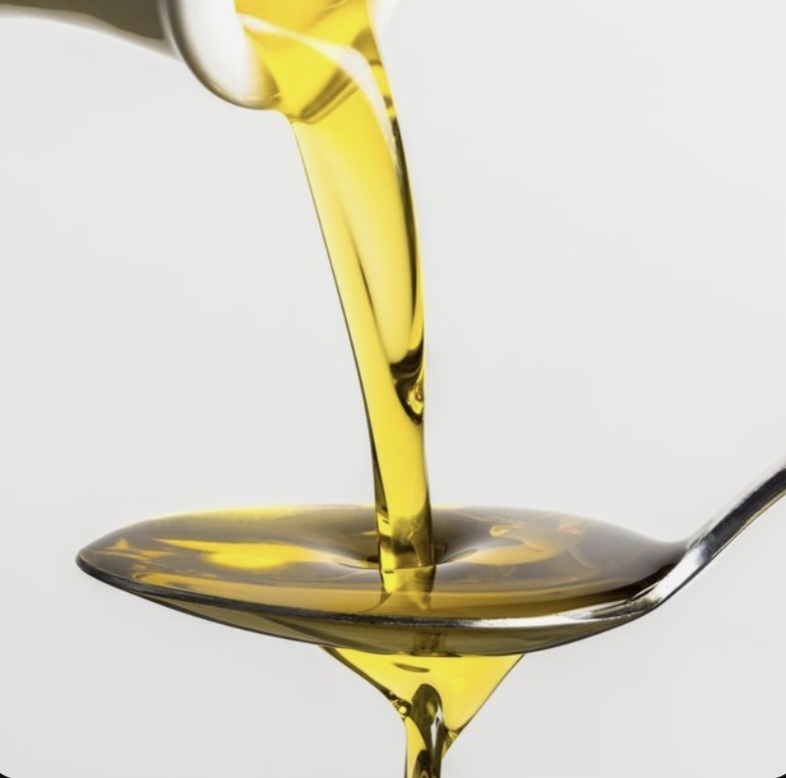Ah, the great vegetable oil debate! It’s a topic that stirs up quite a bit of discussion in the world of nutrition and health. 🥗🌎 The answer isn't black and white; it depends on several factors, including the type of vegetable oil and how it's used. 🤔🥑🍎 Pros and Cons of Vegetable Oils: Pros: 1. Healthy Fats: Some vegetable oils, like olive oil, contain monounsaturated fats and polyunsaturated fats, which are considered heart-healthy. 2. Nutrient Content: Oils like flaxseed and walnut oil are high in omega-3 fatty acids, which are essential for brain health and reducing inflammation. Cons: 1. Processing: Many vegetable oils are highly processed and refined, which can strip them of beneficial nutrients and lead to the production of trans fats. 2. Omega-6 Fatty Acids: Some vegetable oils, such as corn and soybean oil, are high in omega-6 fatty acids. While omega-6 fats are essential, an imbalance with omega-3 fats (too much omega-6 and not enough omega-3) can prom...
Ah, the great vegetable oil debate! It’s a topic that stirs up quite a bit of discussion in the world of nutrition and health. 🥗🌎 The answer isn't black and white; it depends on several factors, including the type of vegetable oil and how it's used. 🤔🥑🍎
Pros and Cons of Vegetable Oils:
Pros:
1. Healthy Fats: Some vegetable oils, like olive oil, contain monounsaturated fats and polyunsaturated fats, which are considered heart-healthy.
2. Nutrient Content: Oils like flaxseed and walnut oil are high in omega-3 fatty acids, which are essential for brain health and reducing inflammation.
Cons:
1. Processing: Many vegetable oils are highly processed and refined, which can strip them of beneficial nutrients and lead to the production of trans fats.
2. Omega-6 Fatty Acids: Some vegetable oils, such as corn and soybean oil, are high in omega-6 fatty acids. While omega-6 fats are essential, an imbalance with omega-3 fats (too much omega-6 and not enough omega-3) can promote inflammation.
3. Oxidation: Some vegetable oils have a low smoke point, meaning they can oxidize and produce harmful compounds when heated to high temperatures.
Tips for Choosing and Using Oils:
- Opt for Cold-Pressed or Extra Virgin: These types of oils are less processed and retain more nutrients.
- Balance Omega-3 and Omega-6: Strive for a balance of omega-3 and omega-6 fatty acids in your diet.
- Use Appropriate Cooking Methods: Use oils with a high smoke point, like avocado oil or coconut oil, for high-heat cooking. Reserve oils with a lower smoke point, like flaxseed oil, for drizzling over salads or other cold dishes.
Not all vegetable oils are created equal. Choosing the right types of oils and using them appropriately can help you reap their benefits while minimizing potential downsides. 🥑 🥕 🫒
I would like to know how do you incorporate healthy fats into your meal plans? 😊
What are some alternatives to vegetable oils?
There are several great alternatives to vegetable oils that can offer different health benefits and flavors. 🥑🌱 Here are a few to consider:
Olive Oil
- Type: Extra Virgin Olive Oil (EVOO) is the least processed.
- Benefits: Rich in monounsaturated fats and antioxidants; great for heart health.
- Use: Best for dressings, drizzling over dishes, and low-heat cooking.
Coconut Oil
- Type: Virgin or unrefined is less processed.
- Benefits: Contains medium-chain triglycerides (MCTs) that may boost metabolism.
- Use: Suitable for high-heat cooking, baking, and adding a subtle coconut flavor.
Avocado Oil
- Type: Cold-pressed is the best option.
- Benefits: High in monounsaturated fats and has a high smoke point.
- Use: Ideal for high-heat cooking, frying, and roasting.
Ghee (Clarified Butter)
- Type: Grass-fed ghee is considered the healthiest.
- Benefits: Rich in fat-soluble vitamins (A, D, E, K) and butyrate, which supports gut health.
- Use: Great for high-heat cooking, sautéing, and adding a rich, buttery flavor.
Butter (from Grass-Fed Cows)
- Benefits: Contains healthy fats and fat-soluble vitamins.
- Use: Best for baking, sautéing, and low to medium-heat cooking.
Flaxseed Oil
- Benefits: High in omega-3 fatty acids.
- Use: Best used raw, in dressings or drizzled over dishes (not suitable for cooking).
Walnut Oil
- Benefits: Rich in omega-3 fatty acids and antioxidants.
- Use: Best used in dressings and drizzled over dishes (not suitable for cooking).
Sesame Oil
- Type: Toasted sesame oil for flavor, untoasted for higher heat.
- Benefits: Contains antioxidants and healthy fats.
- Use: Great for Asian dishes, stir-frying, and dressings.
Macadamia Nut Oil
- Benefits: High in monounsaturated fats and has a high smoke point.
- Use: Ideal for high-heat cooking, frying, and adding a nutty flavor.
When choosing alternatives, consider the nutritional benefits and the cooking methods you'll be using. 🥗🍳 Each oil has its unique properties and flavor profile, which can enhance different types of dishes. 🍜
For Holistic Personalized Meal Plans click here <3

Comments
Post a Comment